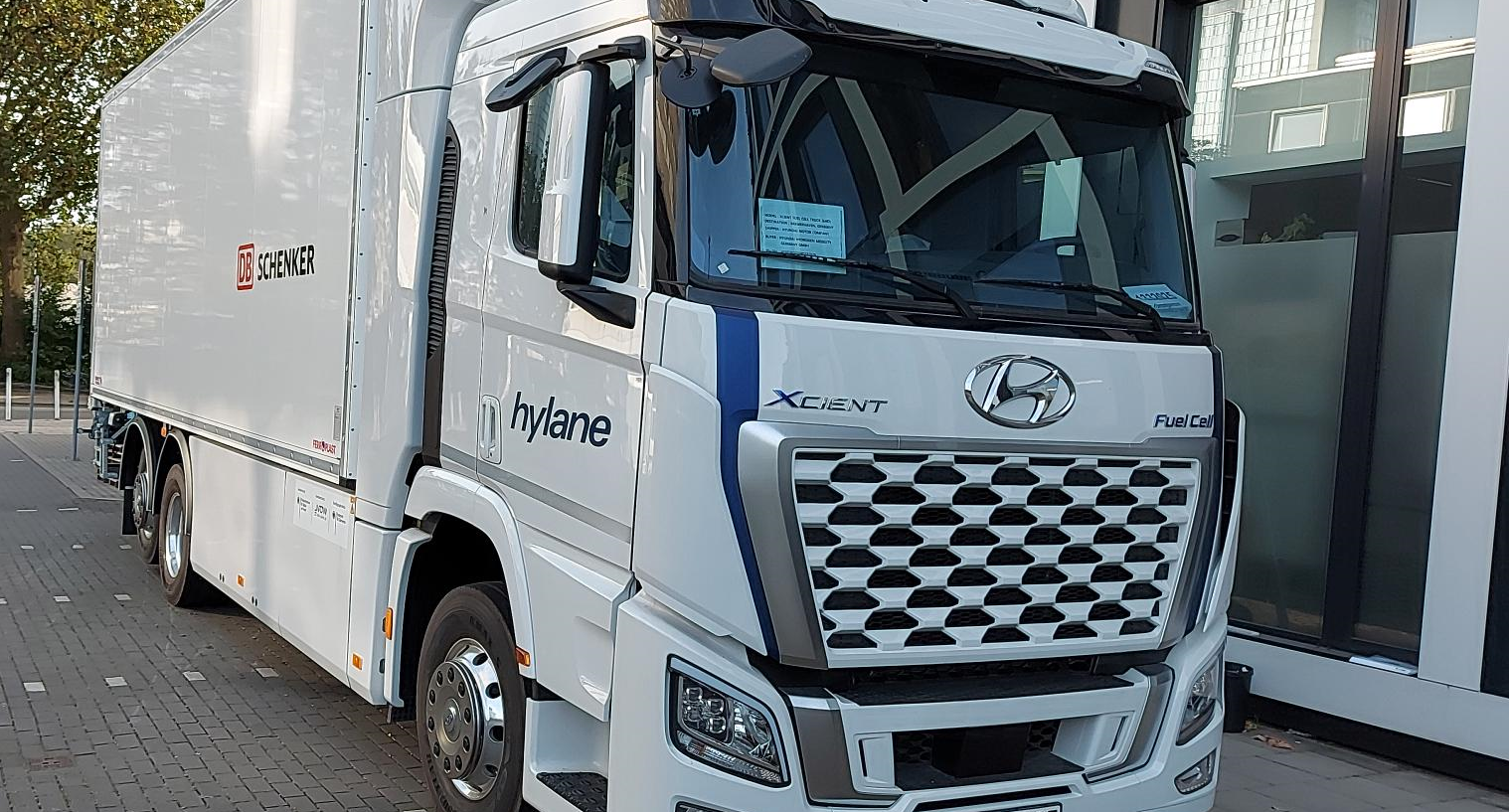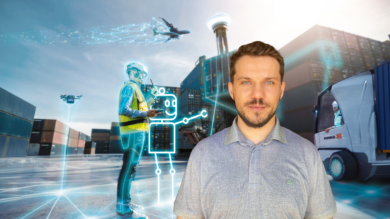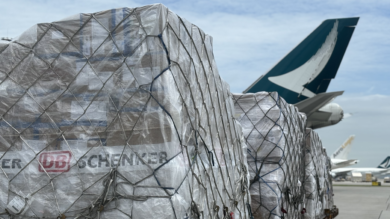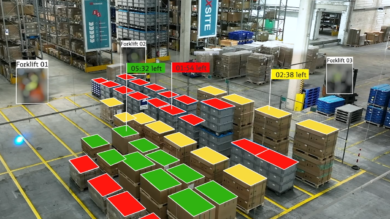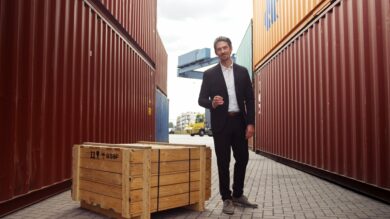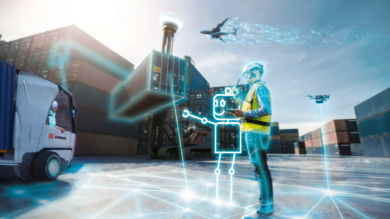The transportation business has undergone a profound transformation in recent years as the industry seeks to find cleaner and more sustainable alternatives to conventional fossil fuels. One solution that is receiving a lot of attention is the use of hydrogen-powered trucks.
What is a hydrogen fuel cell truck?
Fuel cell electric vehicles (FCEVs) power their motors using hydrogen. Unlike battery electric vehicles, FCEVs don’t just have a battery driving the electric motor; on top they use electricity generated in a built-in, hydrogen-powered fuel cell. It is the combination of an electric motor, a battery, and a fuel cell that makes these trucks so unique.
The process is simple: pure hydrogen gas is fed into a fuel cell where it reacts with oxygen. The chemical reaction produces the electricity that is used to power the vehicle. The only byproduct of the process is water vapor, which is what makes hydrogen trucks an emission-free alternative.

The visionary leader hylane embarked on a pioneering journey into the world of hydrogen technology with a goal: making hydrogen fuel-cell-powered trucks a cornerstone of the supply chain. Therefore, hylane joined forces with Hyundai and other manufacturers in an exciting partnership to reshape the transportation industry using hydrogen truck technology and to reimagine to way goods are transported. Hylane is currently working in conjunction with DB SCHENKER to test the Hyundai FC XCIENT Fuel Cell hydrogen truck on selected routes. This 27,000kg vehicle’s mission is to pioneer the use of hydrogen technology and drastically cut emissions on the road. With its tank size of 31,08kg, the XCIENT it is poised to rewrite the future of long-haul transportation and efficient logistics.
“It is essential for us to make the effort now to put those vehicles on the road, see how they operate, and find out where they need to be improved.”
Hydrogen technology is paving the way for a cleaner and more sustainable future in the logistics industry. XCIENT fuel cell trucks represent a leap forward in our effort to reduce emissions and minimize environmental impact.
“We have an ambitious corporate decarbonization strategy, that includes exploring multiple solutions. Hydrogen is an important piece of that puzzle. This is going to be an invaluable learning experience for us that promises to provide a lot of insights when it comes to the scalability of these new technologies and how they´re best deployed.”
Hydrogen Fuel Cell Truck at the DB SCHENKER Head Office in Essen
When DB SCHENKER introduced hydrogen-powered vehicles into its ground transportation fleet back in March, the company took a significant step towards expanding its solutions to reduce environmental impact. It was a decision that aligned perfectly with our goal of being able to provide low emissions logistics solutions without compromising the quality of service for which DB SCHENKER is renown.
A hylane hydrogen truck headlined a customer event at the DB SCHENKER Head Office in Essen, Germany. DB SCHENKER’s team of experts were there to engaged guests in a meaningful discussion about the potential of integrating hydrogen fuel cell technology into supply chains.
“Our employees are proud to be part of that journey and especially the new generation. They are asking us what we do for the planet.”
DB SCHENKER experts took advantage of the event to delve deeper into both the hydrogen truck’s inner workings and how it fits into broader customer sustainability goals and supply chain strategy. The customer-expert discussions covered every aspect of the new technology, from the fueling process to its practical effects on decreasing greenhouse gas emissions.
Hydrogen trucks represent the starting point of an exciting journey. DB SCHENKER is standing side-by-side with its customers, partners, and stakeholders to be the change they wish to see in the world.
Published: November 2023


